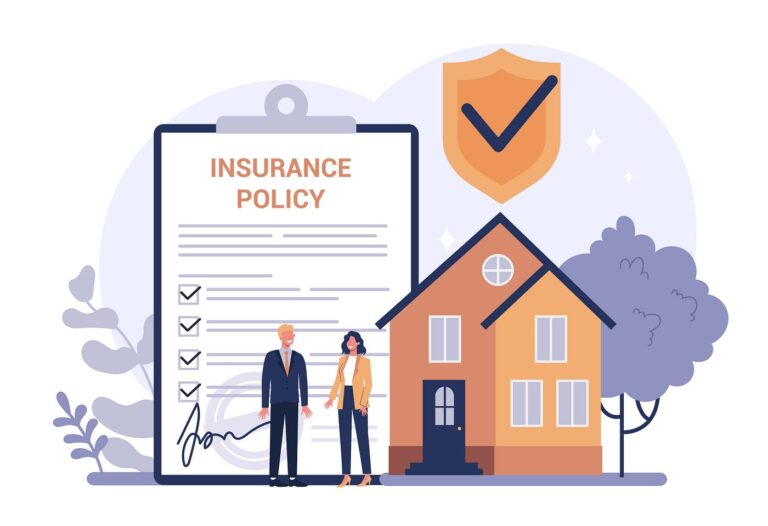Most taxpayers assume that buying a term insurance policy is one of the best ways to save money. Buying term insurance as a fast fix solution to save money on taxes, on the other hand, can negate the intent of the exercise, which is to provide financial security to your family. Here’s a rundown of the most common errors people make while purchasing term insurance and how to stop them.
- Following the word of your advisors at face value
Many that give advice on purchasing term insurance, such as relationship managers at banks and insurance brokers, often do so with their own interests in mind, which is to earn the highest possible fee. As a result, there’s a fair chance the advice you’re given isn’t in your best interests. Rather than blindly trusting them, spend some time inquiring about the benefits and drawbacks of the policy they are recommending.
- If you believe that all life insurance plans are the same, you’re mistaken.
Many people believe that all forms of life insurance policies have the same tax advantages. As a result of this confusion, many people purchase the incorrect insurance policy that does not meet their needs.
- Being under-insured or over-insured
Another common blunder made by many people is buying several life insurance policies without first deciding their true insurance needs. If you buy too much life insurance, you will end up wasting your hard-earned money on something you won’t need if you live long enough. A higher premium would also deplete your savings, which could otherwise be put to better use. If you keep the coverage sum low, however, it will not be enough to help your family after your death. You can take the aid of the term insurance calculator at Finserv MARKETS to know more.
- There isn’t any information on how long the term insurance policy will last.
Few people can accurately predict the length of time they will need the assistance of a term insurance policy. As a result, some people purchase plans for the long term that they don’t need, and others buy insurance for a time that is too short. A longer term would result in a higher premium, while a shorter-term can leave you financially vulnerable in the event of unforeseen events.
- You’re unsure if you need to change your insurance coverage.
People’s lifestyles are dependent on their income, and a term insurance policy is required to ensure that this is sustained even if the family’s breadwinner passes away. If your income has risen dramatically over time and your lifestyle has followed a similar pattern, you would need additional insurance coverage to ensure that your family will sustain their current lifestyle after your death.
- Additional security is lacking.
What if you suffer a big accident but develop a disability that makes it impossible for you to work? If you just have a standard life insurance policy, the insurer will not reimburse you unless you survived the crash. This is a common blunder made by many people while purchasing a term plan. When purchasing a term contract, you can make it a point to purchase appropriate additional insurance against serious illnesses and disabilities by including riders such as Critical Illness or Accidental Disability.
Wrapping Up
When you purchase a life insurance policy, your primary goal is to ensure that your family receives financial assistance without delay. Although some insurance firms have excellent plans, they fall short when it comes to customer support and claim processing. As a result, you do not take the insurance provider option lightly. Check to see if the insurance provider has a high claim settlement ratio, both in terms of the number of policies and the amount of money paid out, a good customer service record, and a good digital network for accessing services.







